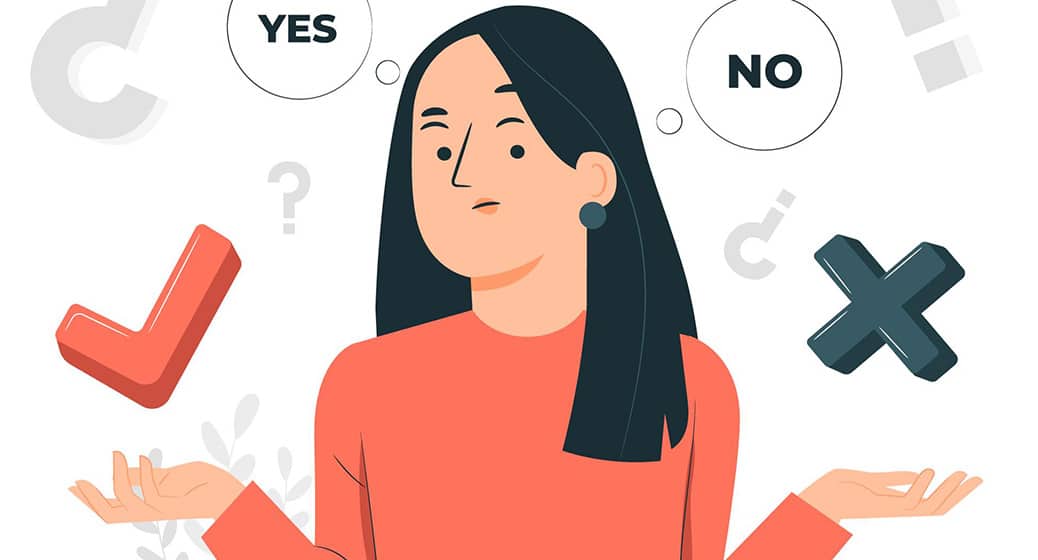The new year tends to be all about forgiving and starting fresh, letting things go to be on better terms with friends or family members. As a result, there may feel like there is pressure to do so despite the trauma that some individuals may have caused. However, forgiving does not mean forgetting what someone has done and allowing them to keep pushing your boundaries.
You can forgive someone and still:
- Not trust them anymore
- Walk away from them
- Move forward together
- Take some space from them
- Need more time to heal
- Set new boundaries
Forgiving a person can be therapeutic and healing for you despite the trauma that they have caused. It allows for you to understand the impact this individual had on your life and why you need to maintain your boundaries with them. It can help develop healthy relationships in the future because you are more attentive to your needs within a relationship. Forgiveness can lead to inner peace which can positively impact physiological wellness and can offer protection against upsetting relationships in the future.
It definitely is not easy to forgive someone who you know has wronged you, however there are five skills that can help with finding the right balance between forgiving and maintaining your healthy boundaries.
Skills for Forgiveness:
1. Acceptance
Acceptance does not mean accepting defeat. It means understanding and accepting the situation at hand. This allows for you to alter your view about a situation and accept that there is nothing you can change about the past while being able to maintain healthy boundaries in the present
2. Emotional Regulation
It is important to recognize the emotions that you are feeling rather than suppressing them within. This will help to manage your emotions rather than allowing them to take over your body.
3. Shifting Perspectives
Mindfulness practices can assist in standing back and observing your thoughts and feelings. This awareness of what you are feeling can allow for your mind and body to create a shift in the way you think about a situation.
4. Empathy and Compassion
Empathy allows you to understand another’s emotions. Understanding how the other might be thinking and feeling can be helpful towards a path of forgiveness.
5. Radical Responsibility
Responsibility requires you to be accountable for your actions, thoughts and feelings. This can mean admitting to your own mistakes in a situation. Recognizing unhealthy behaviors can help prevent you from repeating them.
Regaining control of how you act and react to given situations can help allow you to see the benefits of forgiving others while maintaining the boundaries that you need in order to have meaningful relationships. These techniques can be used with friends as well as family members. Individuals often feel that they are required to forgive family because there is “no bond greater than blood,” however maintaining boundaries is a healthy aspect of being able to forgive someone and let go of the anger and resentment you may have.
Keep Reading
Want more? Here are some other blog posts you might be interested in.








